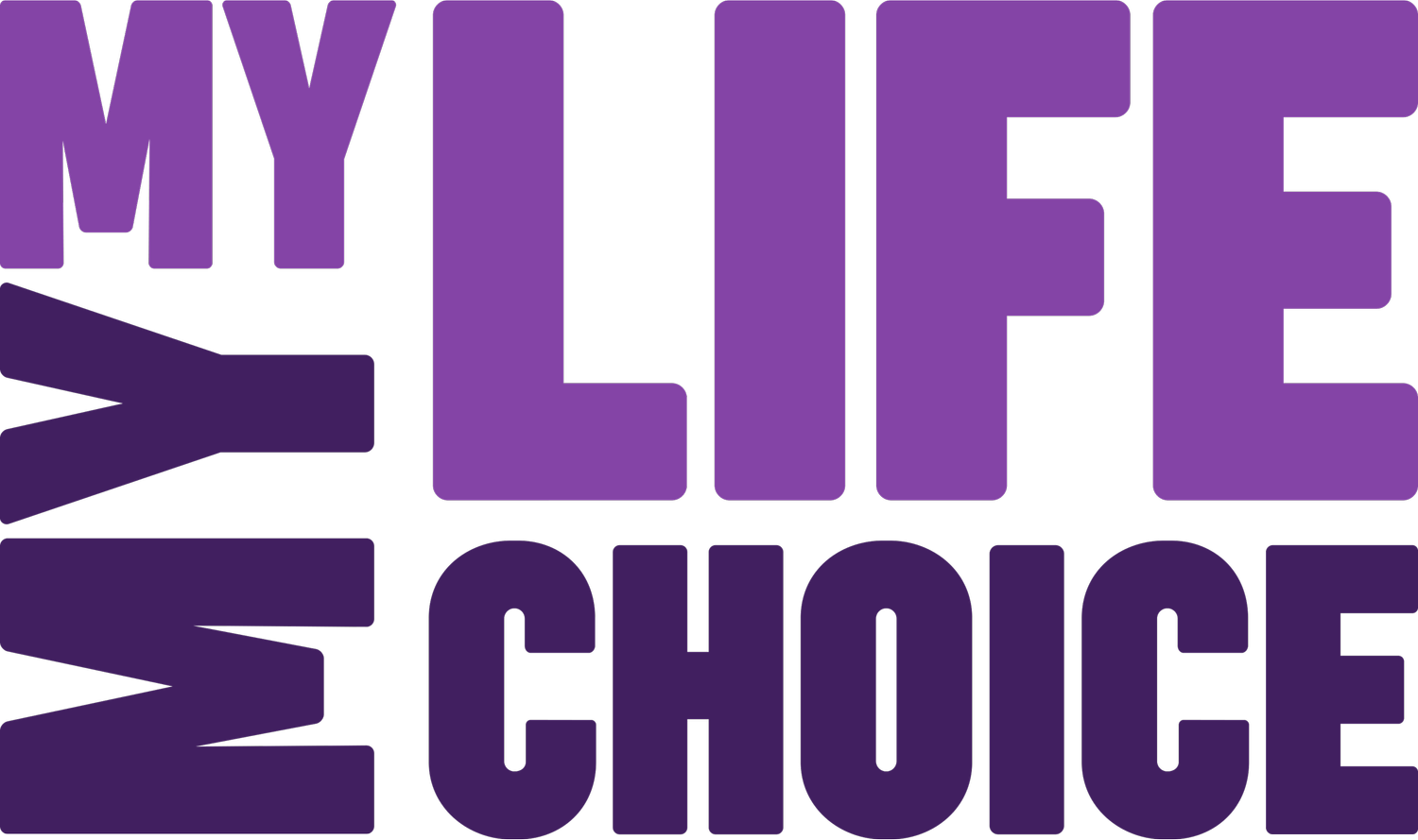Commercial Sexual Exploitation and its Connection to Missing and Murdered Indigenous People
Written by Jenna Clark and Emma Salters
My Life My Choice recognizes that our offices are located on land that historically belonged to the Massachusett and Pawtucket tribes, and we serve youth who reside on land that also belonged to the Nipmuc, Pokanoket, Naumkeag, Agawam, Nauset, and Wampanoag tribes. This land was colonized and stolen from Indigenous American people.
The fight to end commercial sexual exploitation must include reckoning the connections between domestic violence, dating violence, human trafficking, and sexual violence with the high rates of missing and murdered Indigenous people in the U.S. May is Missing and Murdered Indigenous Peoples (MMIP) Awareness Month. It is a time dedicated to raising awareness of the thousands of Indigenous women, girls, Two-Spirit individuals, and people who have gone missing or have been murdered in the U.S. The crisis of missing and murdered Indigenous people is not new. It has deep roots in colonization and genocide and can be attributed to the lack of legal protections resulting from the systematic erosion of Tribal sovereignty and harmful federal policies. A 2018 study by the Urban Indian Health Institute discovered 5,712 cases of missing American Indian and Alaska Native women and girls, only 116 of whom had been catalogued in the Department of Justice database.
Indigenous American women, girls, and two-spirit people are at a disproportionate risk of violence, sexual abuse, and commercial sexual exploitation compared to non-Native folks. This abuse has been pervasive since white colonists invaded the Americas and claimed ownership of the land and the people living on it. Ever since, the abuse and mistreatment of Indigenous women has been linked with colonial violence. In a study of Indigenous women involved in the sex trade in Minnesota, 62% of participants saw a connection between prostitution and colonization and explained that “the devaluation of women in prostitution was identical to the colonizing devaluation of Native people.” Colonization is inextricably linked with exploitation, which is further evidenced by the fact that that at least 70% of the violence committed against Indigenous women is perpetrated by non-Native individuals, according to the U.S. Department of Justice. Indigenous women and girls are murdered at rates ten times higher than all other ethnicities.
My Life My Choice has provided survivor-led mentoring to a number of young people in Massachusetts who identify as Indigenous American. One young person, S., age 17, shared that she wished “more people knew about and understood the continuing violence that Indigenous American women, girls, and two-spirit people face.” This violence is something that both she and her family have been personally impacted by and consistently see being inflicted on their community.
Once S. was referred to My Life My Choice, she was connected with a Survivor Mentor. She felt a connection with her mentor who listened and advocated alongside her. While working with her mentor, S. also reintegrated into her tribal culture, where she tapped into generations of spiritual healing techniques that allowed her to connect with her ancestors and her inner child. S. shared that having a mentor and reconnecting with her Indigenous American heritage have been vital to her healing journey.
A 2011 study found that many Indigenous survivors of the sex trade felt they owed their survival to their Indigenous cultural practices, and most expressed a desire to access both Native healing approaches and a range of mainstream services. The lack of services designed to support Indigenous survivors makes it even more difficult for them to exit the sex trade. S. had to regularly advocate for herself to access services that aligned with her culture and values. At My Life My Choice, we recognize the importance of services that don't just coincide with, but uplift, a survivor’s culture. Connection with one’s culture, especially for Indigenous individuals, has the power to heal and works in conjunction with the services My Life My Choice provides.
S. also emphasized the importance of talking about these issues, publicizing them more prominently, and educating others. This is critical for both driving change to increase the number of culturally responsive services available, but also to wake people up to the epidemic of violence being perpetrated on Indigenous people year after year so we can address root causes and work to stop it. For more information about Missing and Murdered Indigenous People visit https://www.nativehope.org.
